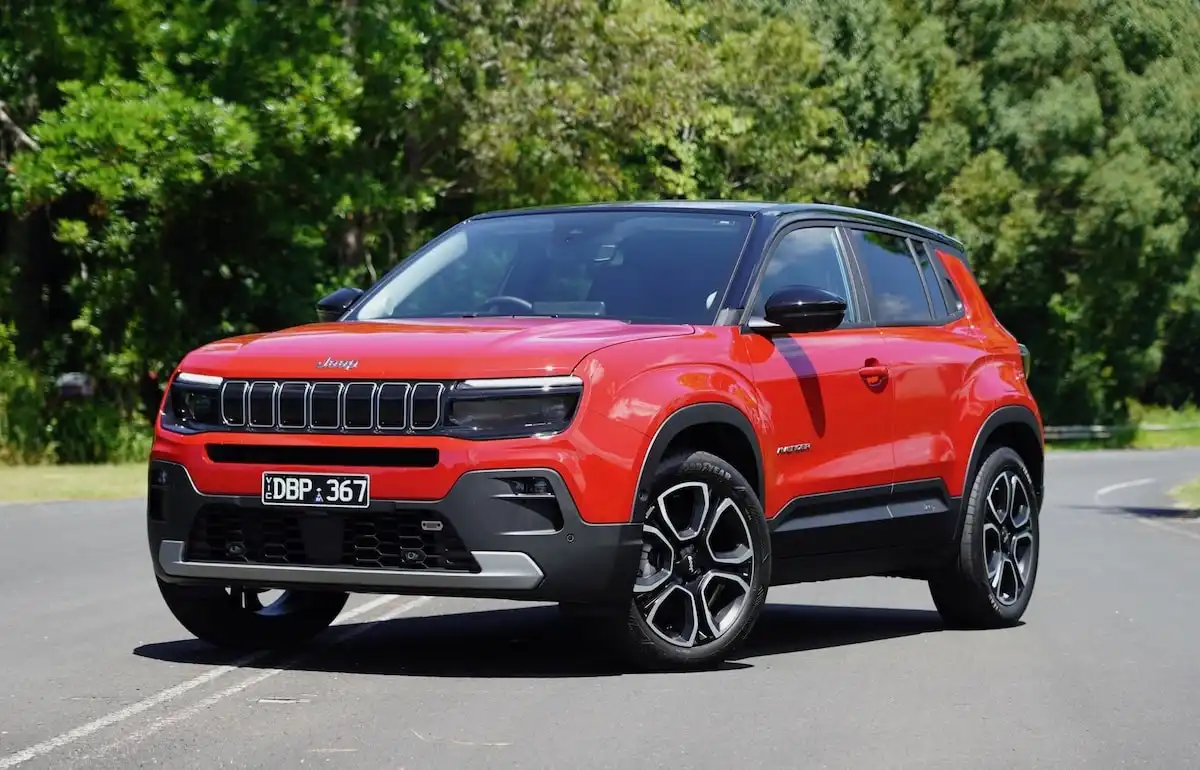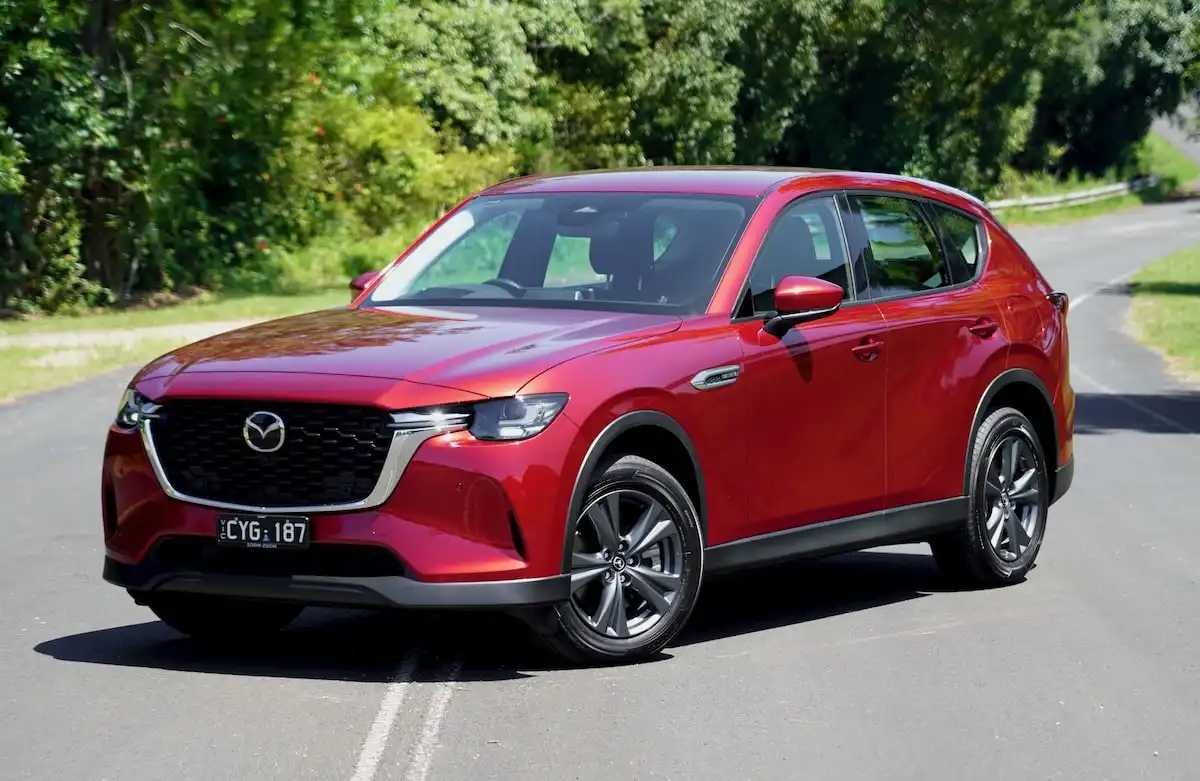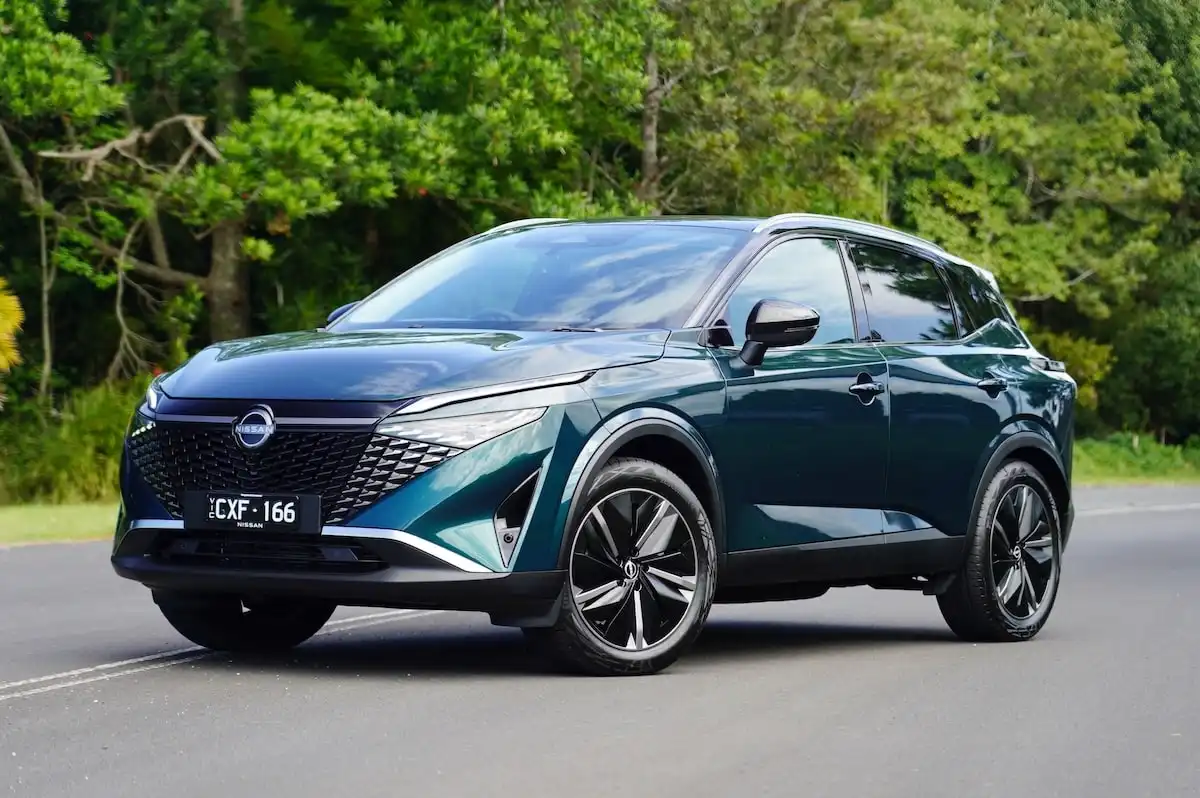46 BADGES AVAILABLE
LAND ROVER RANGE ROVER SPORTWhy choose OnlineAuto?
We take care of buying your car for you. We work with you to get a great deal on the car you want, delivered to your door, without all the annoying bits.
We won’t tell you what to buy, try and up sell accessories or convince you to buy something other than car of your dreams. Instead, we’ll take the time to listen to your needs and present you with all the facts for all of your options, taking a completely unbiased approach.
Then, we’ll serach for the best possible deals on the market to help you find the right car for your lifestyle, at a great price and heloing you save thousands.
Request a Quote
SUV car reviews & news

What are the Most Reliable SUVs in Australia in 2025?
Buying a new or even used SUV is a huge purchase, with reliability topping the list of priorities for many car buyers.

10 Best SUVs for Seniors in Australia 2025
If you’ve worked hard all your life, it’s time to treat yourself to an SUV that is perfect for your retirement years.
Choosing the Right Medium Size SUV

What are the 10 Most Reliable SUVs in Australia 2024?
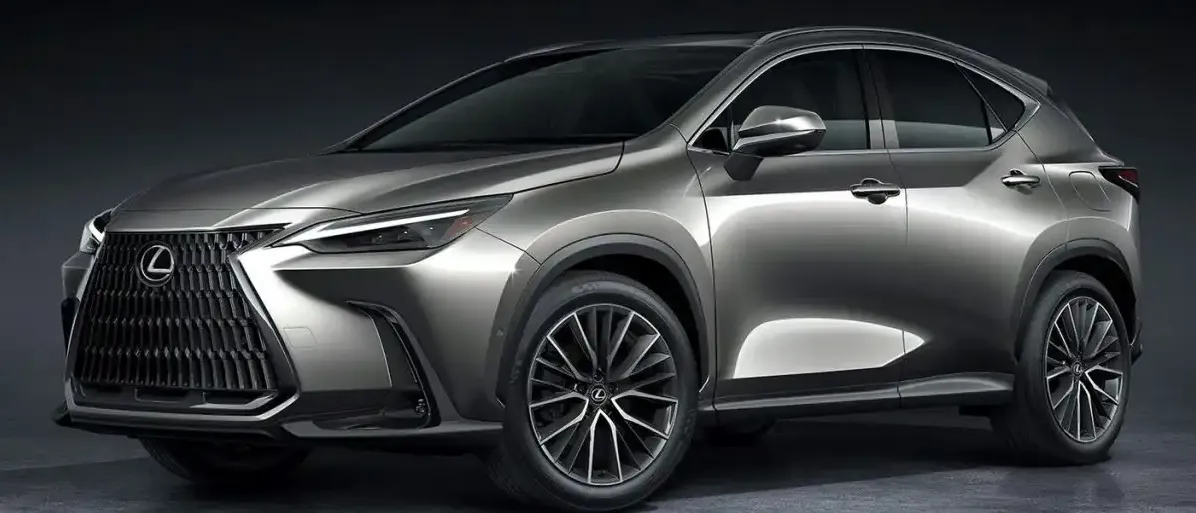
Top 10 Best Large SUVs Under $70k in Australia 2024
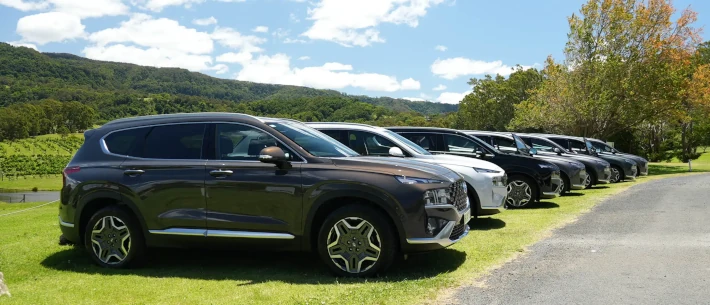
The Most Fuel-Efficient Family SUVs in Australia 2024

10 Best Large Hybrid SUVs in Australia 2024
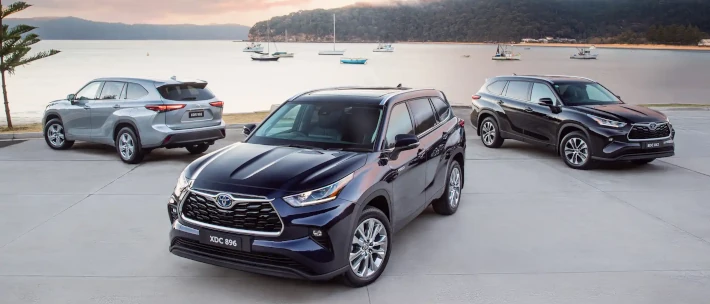
2024 Top 10 Cheapest Midsize SUVs in Australia
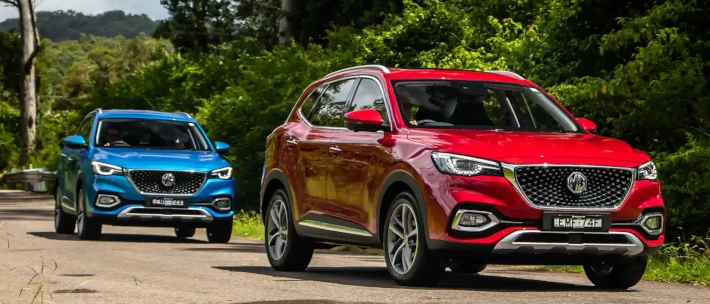
Top 10 Best Value SUVs in Australia in 2024
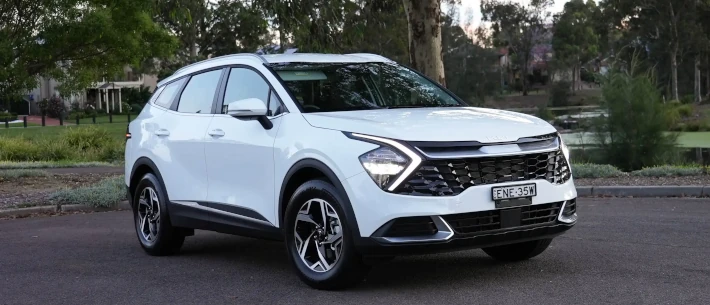
10 of the Best Small SUVs Coming to Australia in 2024
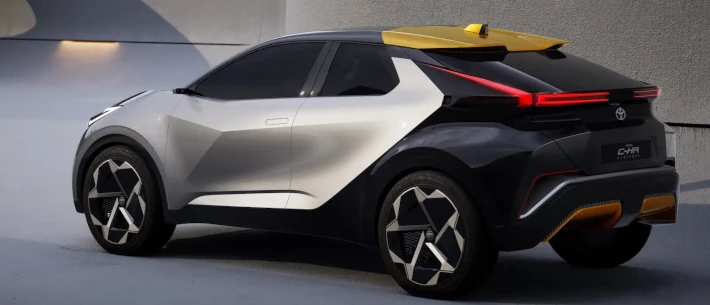
15 Best Midsize SUVs for Australian Families in 2024

10 Best Hybrid SUVs in Australia 2024
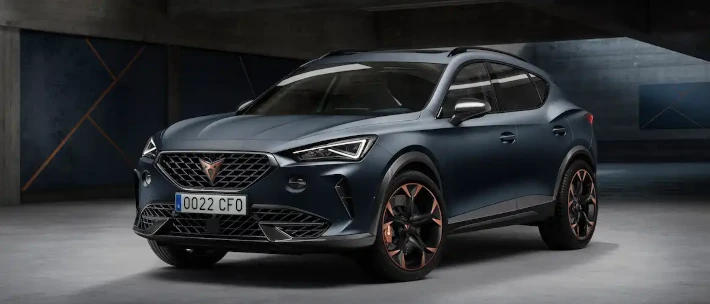
Body Type FAQs: SUV
The term SUV stands for ‘sports utility vehicle’, which has made its way from America into the Australian automotive landscape. In short, an SUV offers buyers a larger, typically raised platform that often features a 4x4 or AWD system that allows it to push off-road.
The recipe has since become more refined and sophisticated in recent years, with a number of SUVs positioned as family-friendly urban-dwellers rather than off-road vehicles - which has proved a hit with families.
Depending on the size of vehicle that you’re after, some of the best value for money SUVs here in Australia include the MG ZS and HS, Hyundai Tucson, Isuzu MU-X, Toyota RAV4, Kia Sportage, Ford Escape, Honda CR-V, Mitsubishi Outlander and the Subaru Forester.
SUV platforms are often large and heavy platforms that don’t return very impressive fuel economy figures, but in recent years, they’ve come a long way when it comes to fuel efficiency.
While fuel efficiency figures for a typical SUV can range from anywhere between 9 to 12L/100km, there are a number of fuel-efficient and even hybrid engine options on the market now that offer fuel economy figures of 5L/100km and upward.
Some of the most popular SUVs here in Australia include the Mazda CX-5, BMW X5, Land Rover Range Rover Sport, Land Rover Discovery, Toyota RAV4, Mitsubishi Outlander, Hyundai Tucson, Kia Sportage, and the Honda CR-V.


















